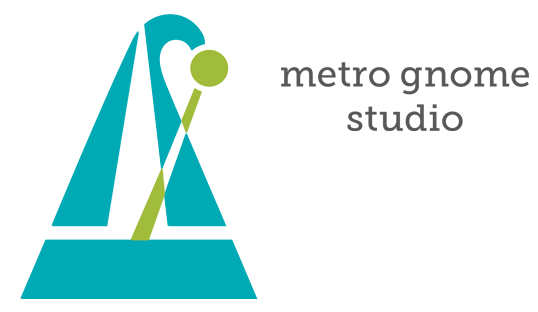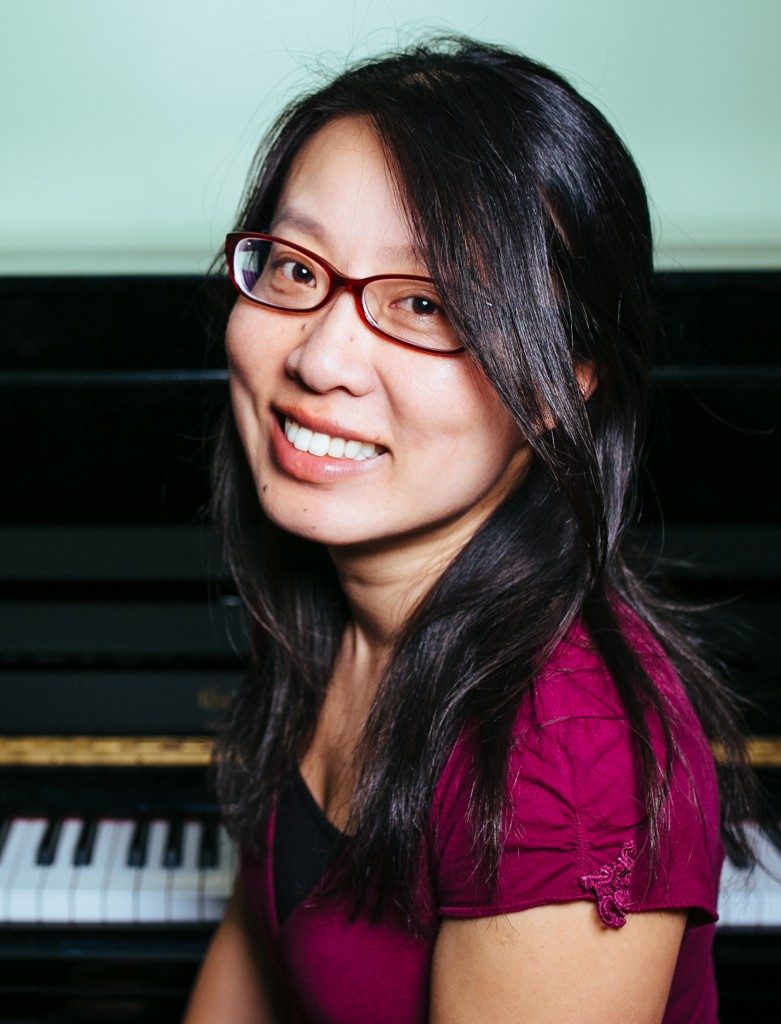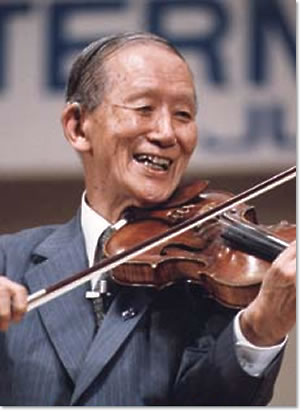About
About the Instructor
“I am a bi-cultural United State citizen, a naturalized immigrant from Taiwan. I am a middle class, cisgender straight woman, an extrovert, and an external processer. I am white adjacent in the Greater Boston area. I enjoy the same privileges and freedoms as that of my white women friends and colleagues.
These identities shape the way I learn and teach, and the way what I teach is learned. I offer these aspects of my identity in service to a more equitable relationship with our curriculum, our lessons, and our classes.”
Biography
A naturalized citizen, born in Taiwan, Angie graduated magna cum laude at Florida State University with a Bachelor of Arts in Music and a certificate in Computers in Music. While at FSU, she studied piano with Professor Leonard Mastrogiacomo, voice with Liane Grasso, accompanied for voice students under professors Janice Harsanyi, Larry Gerber, Gale Seaton, and strings students under professor Karen Clarke. As a vocalist, she performed with the Tallahassee Community Chorus under the direction of Dr. Andre Thomas, the Women’s Glee Club under Dr. Judy Bowers, and the University Singers under Dr. Thomas and Dr. Kevin Fenton. The Tallahassee Community Chorus collaborated often with the Tallahassee Symphony Orchestra. As a member of this choir, she also performed under conductors David Hoose and Robert Shaw.
Angie was introduced to the Suzuki Method while she was a staff accompanist at Pittsfield Community Music School in the Berkshires. Since then, she has studied with Caroline Fraser, Mary Craig Powell, and Doris Harrel, and Nancy Modell for Suzuki Piano Books. Additional Suzuki include: Suzuki Principals in Action with David Madsen and Suzuki Early Childhood Education with Sharon Jones. Complimentary studies include Music Together teacher training under Susan Darrow; Kodaly at DePaul University with Janell Bjorklund, Dr. Julia Shaw and Douglas Beam; Dalcroze with Adriana Ausch Simmel; and Music Mind Games with Kari Lapins. Along with her musical studies, she also completed a MA in Media Arts at Emerson College.
In addition to her duties at Metro Gnome Studio, Angie is an Associate Director at MIT’s Education Arcade, where she helps support very smart colleagues in their education technology researcher work. When not at her piano or her computer, she enjoys singing, dancing, hula hooping, reading, cooking, and being mom to a pretty neat little person.
About Suzuki Method
Dr. Shinichi Suzuki’s philosophy to music teaching is based on the Mother-Tongue Method, to teach music as a language.
Dr. Suzuki believes that all children can learn to become musicians. No healthy child has trouble learning how to speak their mother tongue. The ears are trained first, by listening to quality music until they are familiar, then the physical techniques are introduced. Reading music comes later, a similar progress as children learning to read and write.
Dr. Suzuki also places emphasis on the Teacher/Parent (Caregiver)/Student triangle. This relationship, an equilateral triangle, is a critical to the method. While the instructor guides and coaches both the caregiver and student in their music education journey, it is the caregiver’s role to encourage and support the student during daily practice.
Additional Resources & Links
Recommended Books
Nurtured By Love
by Dr. Shinichi Suzuki
Translated by Waltraud Suzuki
Ability Development From Age Zero
by Dr. Shinich Suzuki
Translated by Mary Louise Nagata
To Learn with Love; A Companion for Suzuki Parents
by William and Constance Starr
Helping Parents Practice: Ideas for Making it Easier
by Edmund Sprunger


